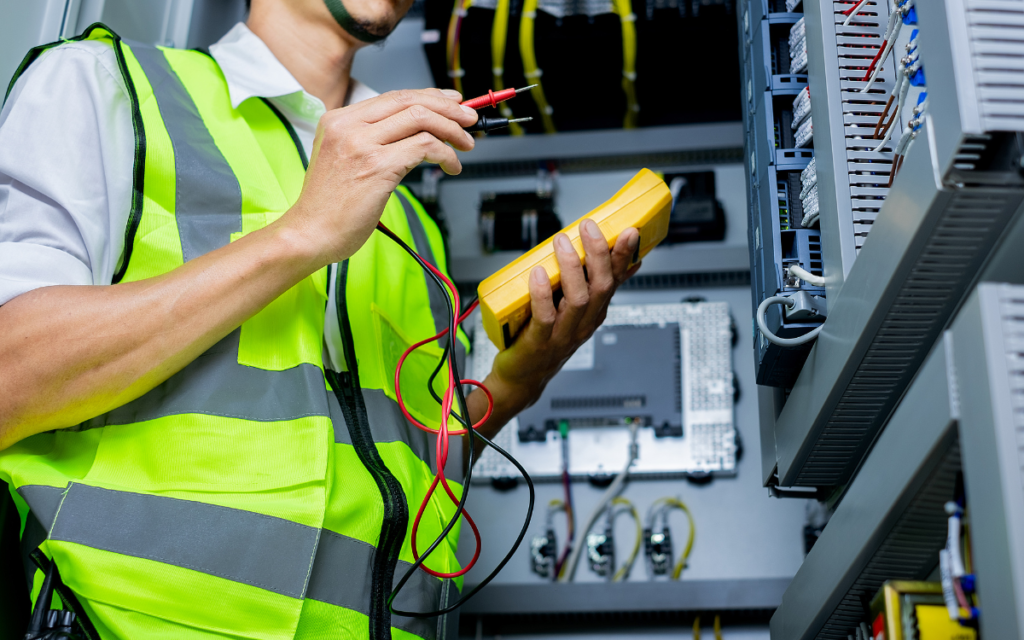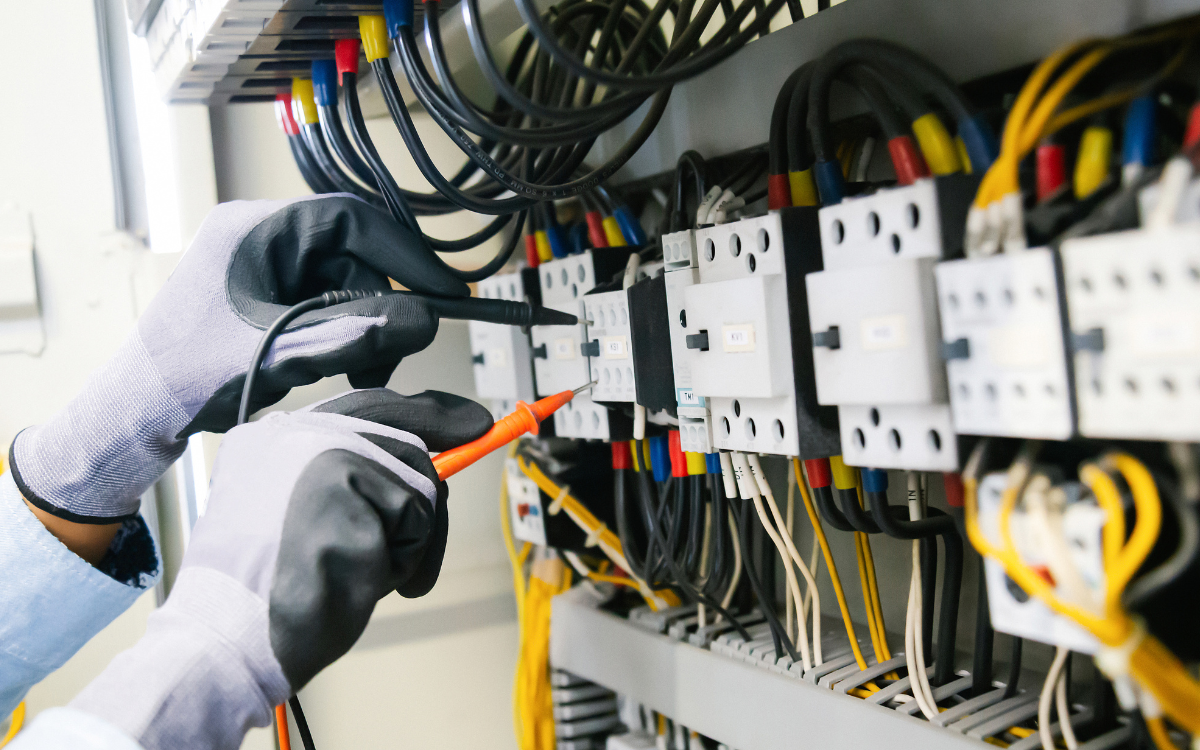When it comes to construction, the first name that comes to our minds is civil engineers. Civil engineering is a crucial tool for the construction industry, but no building can be complete without the help of Electrical engineering in Abu Dhabi.
Electrical engineering is a field of engineering that deals with the study and application of electricity, electronics, and electromagnetism. Electrical engineering in the construction industry involves designing, building, and maintaining electrical systems and components for a variety of construction projects. These systems include electrical wiring, generators, motors, and other electrical equipment.
Role of electrical engineer in construction
Designing electrical system
Electrical engineers play an essential role in keeping buildings safe and more accessible by designing specifically tailored electric systems. Circuit breakers, overhead solutions, electric switchboards, and other electrical systems that make your home easy to operate are designed by electrical engineers. An electrical engineer designing in Abu Dhabi is done using a variety of computer-aided design (CAD) programs to create detailed drawings of their designs.
Directing electric contractors
Although the masterminds behind the construction designs are electric engineers, electrical contractors are responsible for doing the actual manual work. Electric engineers typically consult with clients to determine their needs, develop plans for the systems, and then help the contractors install and maintain the systems. They also help the contractors to learn about safety regulations and protocols, including proper equipment storage and safety procedures for working with electricity.

Resolving electric issues
Facing electric issues on a construction site is inevitable, it is the job of an electrical engineer to access these issues and resolve them. An electrical engineer designing in Abu Dhabi addresses various electric issues, from determining the most efficient way to power a building to developing new solutions to power shortages.
Moreover, they also run safety tests on the electric systems to ensure their safety and longer shelf life.
Conducting system testing
Digging deeper into the safety issue, electrical engineers conduct regular testing during the installation of the electrical system. They check the system’s electrical performance, such as assessing its power draw, efficiency, reliability, and other metrics. Electrical engineers can also help with debugging and troubleshooting any electrical issues that may arise during testing.

Estimating cost
Electrical engineers typically use specialized software for the accurate calculation of the cost of the various components of an electrical system, such as the wiring, lighting, and equipment. Electrical engineers factor in the price of materials and supplies, as well as any other costs associated with the electrical system, such as maintenance and repair. This helps in budgeting and also in avoiding any kind of unnecessary expenses.
Conclusion
An electric engineer designing Abu Dhabi in the construction industry has had a major impact on how buildings are designed and constructed. From the development of new materials and technology to the increased use of renewable energy sources, electric engineering has been instrumental in making construction processes more efficient, cost-effective, and sustainable. To learn more about electrical engineering courses like E1 (Electricity Wiring Regulations 2020) get in touch with know-how.
Author






